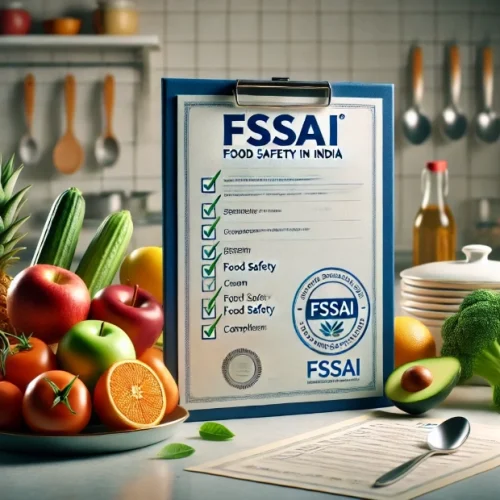Do friends and family encourage you to open a restaurant after tasting your food? It’s time to turn that passion into a business.
Starting a home food business can be a fulfilling journey that allows you to share your culinary creations with the world while generating income. Whether you specialise in delectable desserts, authentic regional dishes, or healthy snacks, the key to success lies in careful planning, adherence to food safety regulations, and a strong commitment to quality.
This guide will provide you with a roadmap to navigate the process, from identifying your unique offerings to building a thriving customer base. It will also touch upon the legal requirements.
Step 1: Ideation
First, think about what type of food you want to offer. It’s essential to find a niche that reflects your skills and passion. For example, Mighty Millets turned a healthy snack idea into a thriving business by focusing on millet-based products.
“We started experimenting with different millet-based snacks because they are nutritious and healthy,” says Mighty Millets founder Sahil Jain.
Identifying a unique angle can make your food business stand out.
Step 2: Finance and budgeting
Before diving into production, it’s crucial to set up a clear financial plan. This includes calculating the cost of ingredients, packaging, and transportation. You’ll need to decide if you’ll be bootstrapping the business or seeking outside funding.
Like any business, an initial investment is needed for ingredients, equipment, and marketing.
Step 3: Get the right license – FSSAI
One of the most critical steps when starting a food business in India is obtaining a Food Safety and Standards Authority of India (FSSAI) license. This ensures that your business adheres to food safety standards and the registration confirms the credibility of the products provided. Depending on the size of your business, there are three types of licenses:
Basic Registration
Eligibility: For small businesses with an annual turnover below Rs 12 lakh.

Required Documents:
- ID proof (e.g., Aadhaar card, voter ID).
- Address proof.
- Passport-sized photograph.
- Proof of possession of premises (e.g., rental agreement, utility bill).
State License
Eligibility: For businesses with an annual turnover between Rs 12 lakh and Rs 20 crore.
Required Documents:
- All documents required for basic registration.
- Form B completed and signed by the proprietor.
- Blueprint or layout of the processing unit.
- List of equipment and machinery used.
- Food safety management system plan.
Central License
Eligibility: For businesses exceeding Rs 20 crore in turnover or those involved in exports.
- All documents required for the state license.
- Import-export code (if applicable).
- Declaration form.
- Water testing report from an ISI-approved facility.
The Food Safety and Standards Act of 2006 states that any food business operator (FBO) is required to have a license, but operating without one, can face serious consequences. This includes imprisonment for up to six months and a hefty fine of Rs 5 lakh.

Getting this license might seem overwhelming, but it is a necessary step for legal operations. As Girija Paati, a 72-year-old entrepreneur selling authentic South Indian snacks, puts it, “I never imagined my home-cooked food would travel so far.”
Step 4: Marketing and selling
Once your legal requirements are sorted, it’s time to promote your brand. Use social media platforms and your own websites to showcase your products and reach a wider audience. Word of mouth is also powerful — encouraging your customers to share their experiences.
By following these basic steps, you can turn your love for food into a successful home-based business. Just remember, success comes with perseverance, as emphasised by many food entrepreneurs who started small and grew big!
Edited by Megha Chowdhury
Sources:
The food safety and standards Act, 2006: Published by FSSAI.
Starting a Home-Based Food Business: Complete Guide For Success: by Kanakkupillai, Published on 11 January 2023.
This post was originally published on here







